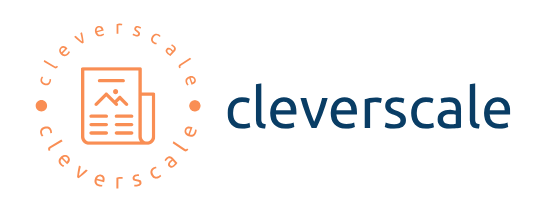
According to recent reports, plans have been set in motion to change the way debt collection agencies interact with borrowers. Indeed, the U.S. Department of Education may sever ties with private debt collection agencies.
Why? There have been mounting issues for consumers when it comes to the options these agencies offer them. These changes would be good news for federal student loan borrowers in default. Consumer advocates explain that some delinquent borrowers have shared that the collection agencies have not been forthcoming about the options available to them.
Even worse, there are accusations that some of these third-party collection agencies – like Performant Recovery Inc. and Windham Professionals Inc. – have used predatory practices. The Department of Education’s move to drop private collection agencies is part of a larger initiative to revamp the federal student loan system and better protect the interests of consumers.
In November 2017, the Department of Education put out a press release announcing its vision to overhaul and modernize the federal student financial aid repayment system. As of now, the system is very confusing for consumers; they face multiple brands and vendors during the life cycle of the student aid experience. In fact, borrowers could be assigned to more than one student loan servicer.
Private debt collection firms have also been accused of using aggressive practices. Unfortunately, this has stained the reputation for all firms, making it difficult to secure the services they need to operate smoothly. (Many turn to alternative lenders for a high-risk collection agency merchant account.)
Until the changes to remove private debt collectors from the system are put in motion, there are a few things consumers should know:
- Borrowers in default have rights. While the student loan borrower may still have to deal with private collectors, the collectors are subject to the rules of the Fair Debt Collection Practices Act. (They cannot threaten arrest or harm, no calling before 8 a.m. or after 9 p.m., etc.)
- Federal government outreach is increasing to at-risk borrowers. A new policy would start significant engagement with at-risk borrowers as early as 90 days after they become delinquent.
The court documents explain that “[The Education Department] expects these enhanced outreach efforts to reduce the volume of borrowers that default, improve customer service to delinquent borrowers and lower overall delinquency levels.”
Author Bio: Electronic payments expert Blair Thomas is the co-founder of high risk payment processing and collection agency merchant account company eMerchantBroker. He’s just as passionate about his business as he is with traveling and spending time with his dog Cooper.
